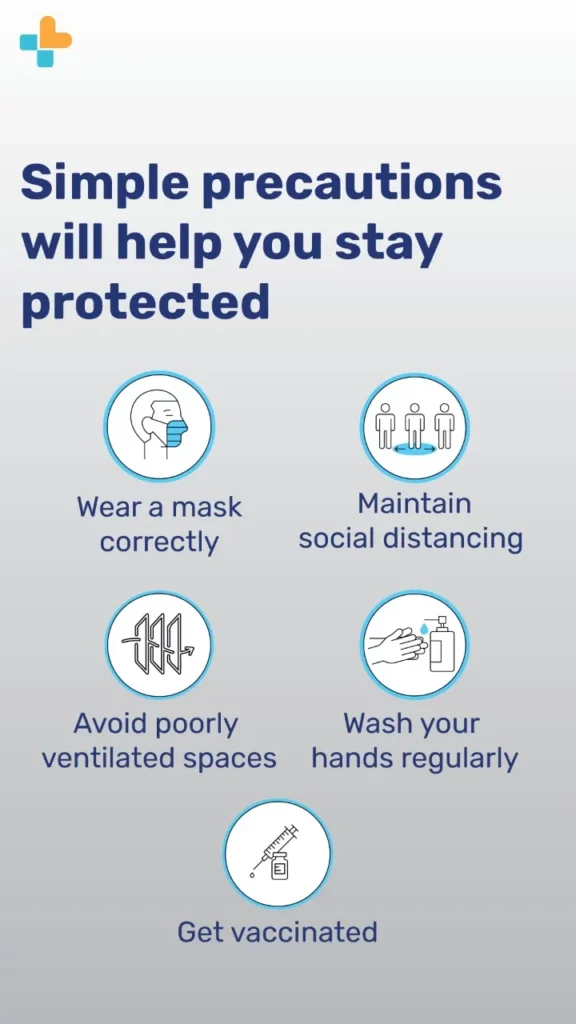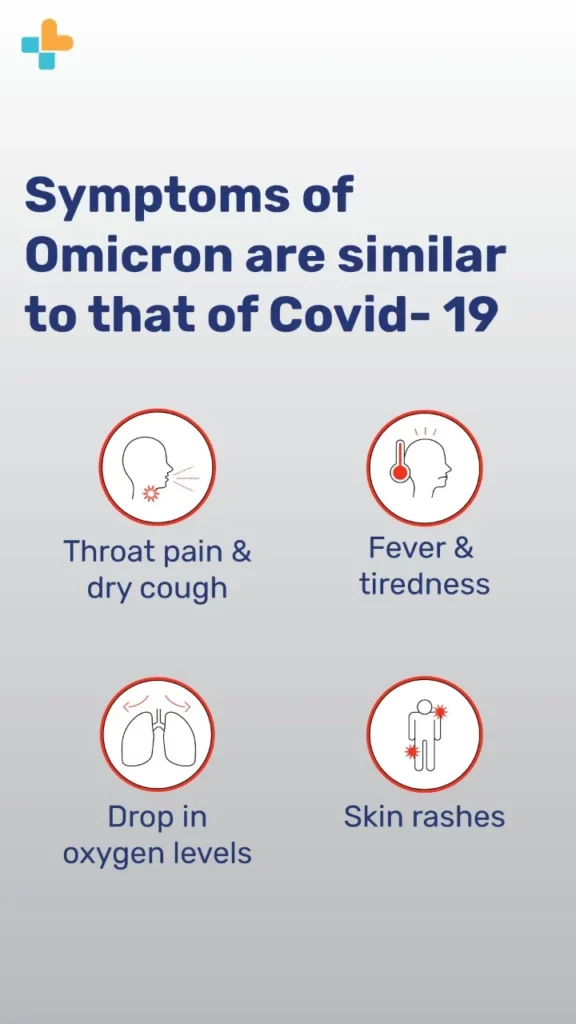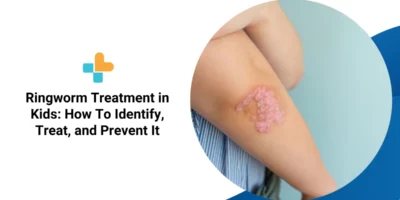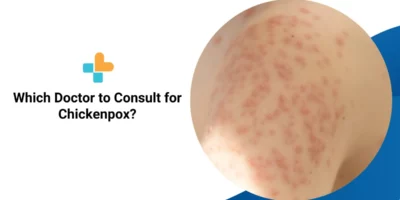What Is Omicron and Where Did It Come From?
A new COVID-19 variant was first identified in Botswana, South Africa in early November 2021. The cases were increasingly reported in schools and among young people in South Africa’s Gauteng province.
On the advice of scientists from the WHO’s Technical Advisory Group on SARS-CoV-2 Virus Evolution, the World Health Organization (WHO) identified the strain, known as B.1.1.529, as a variant of concern and named it Omicron on November 26. The current WHO list of potentially harmful variants now includes Delta, Alpha, Beta, Gamma, and Omicron.
Only two weeks after the Omicron variant was discovered in Botswana, more than 38 countries have confirmed its presence (as of December 2nd, 2021) and this number is growing by the day.
Omicron in India
The new variant in India was first reported in Delhi. According to health officials, the patient had just returned from Tanzania, Africa and showed mild symptoms such as sore throat, weakness and body ache.
Currently (as of December 6th), there are 21 reported cases of the Omicron virus in India. New cases are being reported in Delhi, Rajasthan, Gujarat, Maharashtra and Karnataka.
Is the New Variant lethal?
The Omicron variant is classified as a variant of concern because it has dozens of mutations that can affect the way it behaves. This mutation profile necessitates more investigation into its potential consequences. It is unclear whether Omicron infection causes more severe symptoms than infections caused by other variants, such as Delta. So far, no deaths have been reported worldwide as a result of this new variant.
The very first cases of infection were among university students, who are younger and had milder symptoms. Nonetheless, all COVID-19 variants, including the globally widespread Delta variant, can cause severe sickness or death, especially in the most vulnerable persons. Hence, prevention is always the best option.
The most important thing people can do to stop the virus is take their vaccine series as soon as possible and continue to take all other known preventive measures. According to WHO, vaccines are still critical to reducing severe disease and death, including against the dominant circulating variant, Delta.
Symptoms of the Omicron Variant
The Omicron variant’s symptoms may be milder than those caused by the globally dominant Delta variant, but it’s still too early to draw any conclusions, and further research is needed.
The patients in India who were reported having contracted the Omicron variant showed milder symptoms. Some of which included ?
- Dry Cough
- Itchy throat
- Fever
- Night Sweats
- Body Pains
It’s also worth noting that people who have already been vaccinated have a much better chance of reducing the severity of their symptoms than those who haven’t yet been immunised. But when it comes to those with pre-existing conditions, this may not always be the case.
How Is Omicron Detected?
According to the World Health Organization, the S gene is not present in the Omicron variant. The S gene in SARS-CoV-2 encodes a surface protein known as the spike protein. This gene plays a crucial role in penetrating host cells and initiating infection. But as a result of multiple mutations that the Omicron variant has undergone, the S gene is absent in its structure. Hence, the Omicron test can be detected through genome sequencing and S-gene target failure tests.
However, if you suspect you have the virus, it is critical to have an RT-PCR or rapid antigen test for early detection. And those who have tested positive for Covid (for any variant) must stay at home and self-isolate for 10 days.
In conclusion, prevention is always better than cure. To avoid the spread of the Covid-19 virus and all its variants, make sure you follow the preventive measures that include ?


- Maintaining a physical distance of at least 1 metre from others
- Wearing a well-fitted mask
- Opening windows to improve ventilation
- Avoiding poorly ventilated or crowded spaces
- Keeping hands clean
- Coughing or sneezing into a bent elbow or tissue
- Getting vaccinated, if not yet vaccinated
Relieving Milder Covid-19 Symptoms at Home
If you or someone in your house has tested positive and is experiencing milder symptoms, you can use some simple home remedies to alleviate these symptoms.
- Get plenty of rest
- Drink plenty of fluids
- A few tablespoons of honey is recommended as a quick remedy for coughs
- Over-the-counter medicine to relieve high fevers and persistent coughs
- Breathing difficulty can be helped by lying on your side rather than on your back
It is important to remember that older people and those with pre-existing medical issues should contact their doctor as soon as symptoms appear.
If you want to talk to a doctor about your symptoms or learn more about any emergency indicators without having to leave the house,Ayu Health is here to assist. We have enabled telemedicine for all doctors, allowing patients to video consult with doctors.Ayu Health also enables medicine delivery and home collection of samples for lab tests. To book a consultation with a doctor, please visit https://ayu.health/bangalore/ or call us at 08069489584.
For More Information and Updates ?
- World Health Organizations update on Omicron – https://www.who.int/news/item/28-11-2021-update-on-omicron
- Ministry of Health and Family Welfare, Government of India – https://www.mohfw.gov.in/
- National Helpline Number – 1075
Central Helpline email – ncov2019@gmail.com
Our Hospital Locations
General Surgery Hospitals in Chandigarh | General Surgery Hospitals in Bangalore | General Surgery Hospitals in Jaipur | General Surgery Hospitals in NCR | General Surgery Hospitals in Hyderabad
Our Doctors
General Surgery Doctors in Chandigarh | General Surgery Doctors in Bangalore | General Surgery Doctors in Jaipur | General Surgery Doctors in NCR | General Surgery Doctors in Hyderabad




